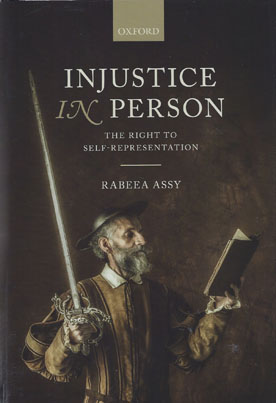
In common law jurisdictions, litigants are free to choose whether to procure legal representation or litigate in person. There is no formal requirement that civil litigants obtain legal representation, and the court has no power to impose it on them, regardless of whether the litigant has the financial means to hire a lawyer or is capable of conducting litigation effectively.
Self-representation is considered indispensable even in circumstances of extreme abuse of process, such as in 'vexatious litigation'. Intriguingly, although self-representation is regarded as sacrosanct in common law jurisdictions, most civil law systems take a diametrically opposite view and impose obligations of legal representation as a condition for conducting civil litigation, except in low-value claims courts or specific tribunals.
This disparity presents a conundrum in comparative law: an unfettered freedom to proceed in person is afforded in those legal systems that are more reliant on the litigants' professional skills and whose rules of procedure and evidence are more formal, complex, and adversarial, whereas legal representation tends to be made obligatory in systems that are judge-based and offer more flexible and informal procedures, which would seem, intuitively, to be more conducive to self-representation.
In Injustice in Person: The Right to Self Representation, Rabeea Assy assesses the theoretical value of self-representation, and challenges the conventional wisdom that this should be a fundamental right. With a fresh perspective, Assy develops a novel justification for mandatory legal representation, exploring a number of issues such as the requirements placed by the liberal commitment to personal autonomy on the civil justice system; the utility of plain English projects and the extent to which they render the law accessible to lay people; and the idea that a high degree of litigant control over the proceedings enhances litigants' subjective perceptions of procedural fairness.
On a practical level, the book discusses the question of mandatory representation against the case law of English and American courts and also that of the European Court of Human Rights, the International Criminal Tribunal for the former Yugoslavia, and the Human Rights Committee.